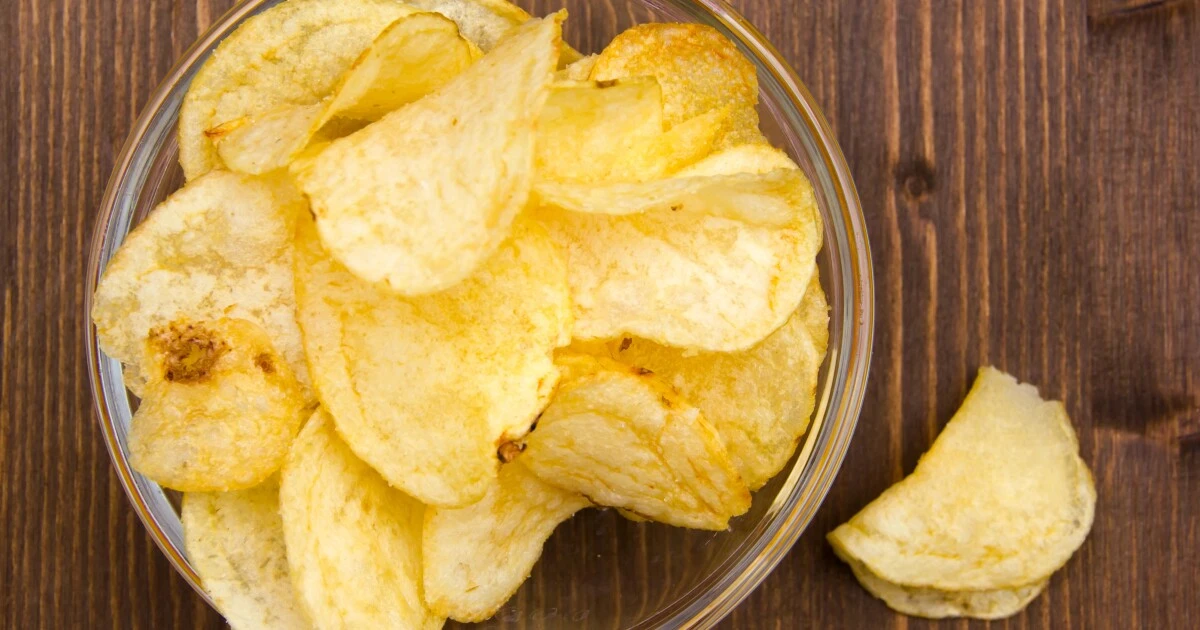til chips contain a known carcinogen, acrylamide
til chips contain a known carcinogen, acrylamide

In what many of us would consider a true public service to one of the world's best food groups, scientists have flicked the switch on a mechanism that causes cold-stored potatoes to produce the carcinogen acrylamide. Growing these genetically tinkered potatoes could eradicate known cancer risks…

The US potato industry brings in US$240 million annually, and demand for taters in all their wonderful processed shapes and sizes is year-round. As such, a certain amount of stock in season is sent to cold storage to supply the demand. However, thanks to a normal biological function in the root vegetable, low temperatures trigger a mechanism that converts starches to sugars. When processed, these tubers that have experienced cold-induced sweetening (CIS) appear darker when cooked.
Unfortunately, it's more than potato-skin deep, as this darkened chip is a crispy red flag – it indicates elevated levels of acrylamide, a chemical that has been associated with increased cancer risk due to its carcinogenic properties.
